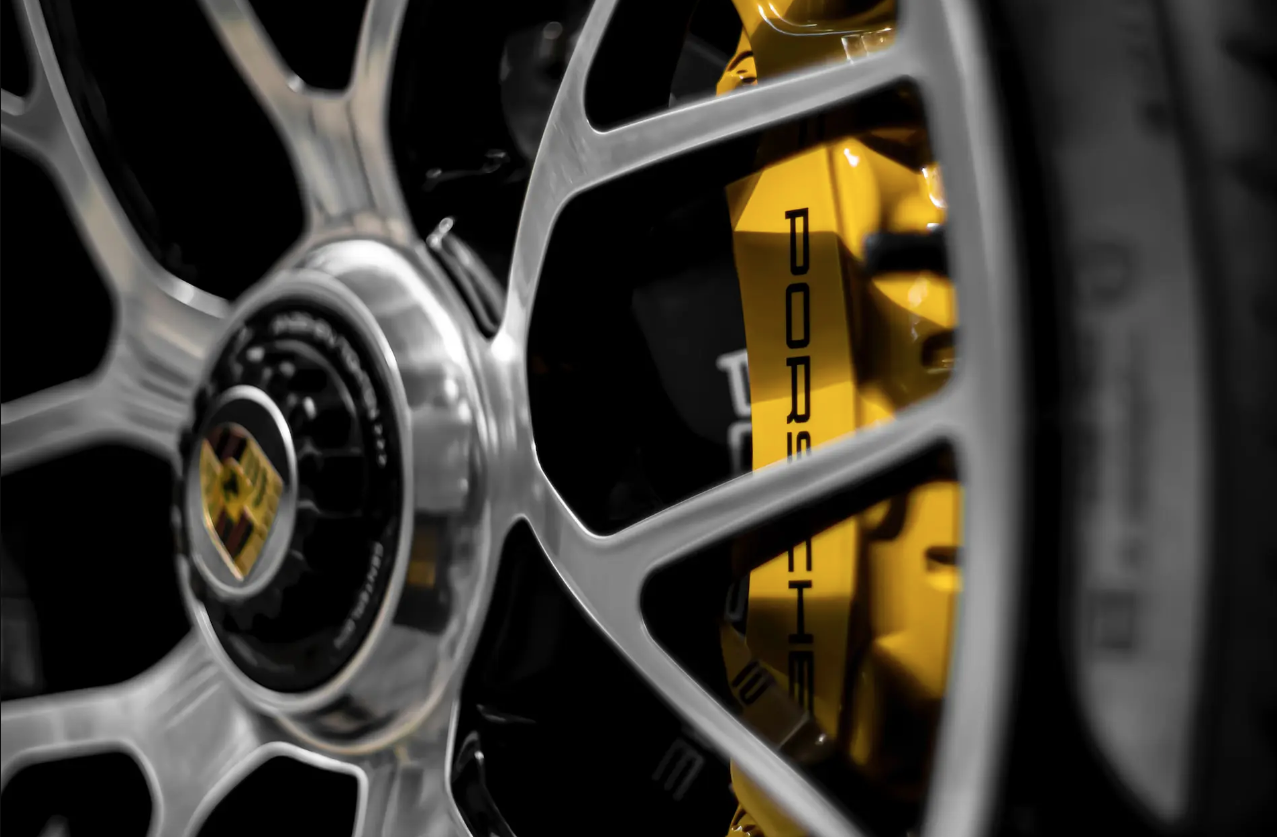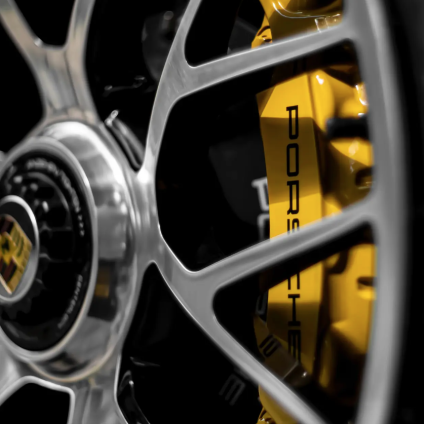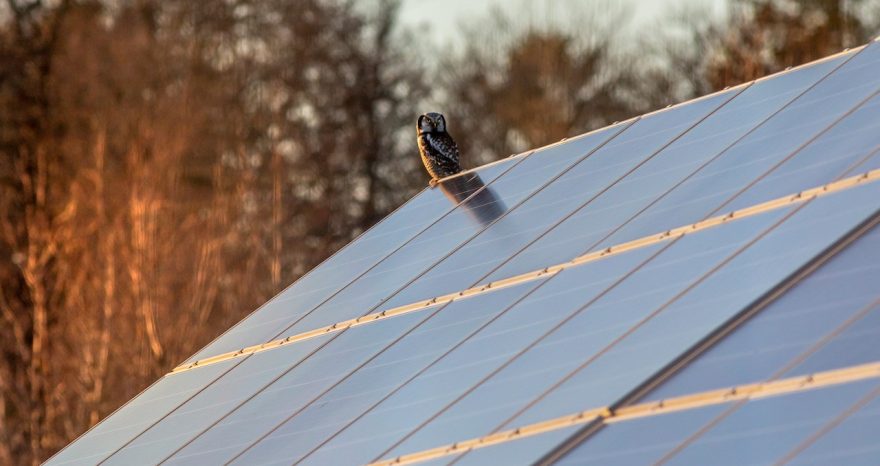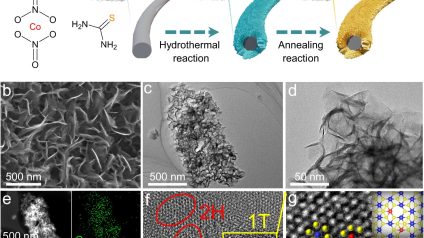The environment committee of the EU Parliament approved with 52 yes, 32 no and 1 abstention the position for negotiations with the Council. Very few changes to the Commission’s original proposal and not to the emission limits for private vehicles
Euro 7 standards will also cover tire and brake emissions
(sustainabilityenvironment.com) – No adjustments to the limits for car pollutants were proposed by the Commission. More stringent requirements for light and heavy commercial vehicles. And more ambition on emissions from tires and brakes. It is a timid Parliament, also because it is split, the one that approved yesterday in the Environment Committee the Strasbourg position on the new Euro 7 standards, with which it will present itself at the final negotiations with the Council.
The tensions behind the new Euro 7 standards
Euro 7 standards inevitably suffer from very strong tensions at the European level on the dossier of the phase-out of diesel and petrol cars by 2035. After approving the stop at the end of 2022, Germany has reconsidered it, forcing the Commission to reopen the file and leave the door open to e-fuels.
read also Euro 7 Regulation leaks new disappointing rumors
Meanwhile, European politics has split, using the phase-out as a picklock to question substantial parts of the Green Deal. The watchword for many political groups (but also for some Member States) is: we have gone too far. Positions reflected in yesterday’s vote in the Commission. The ok to the new Euro 7 standards has passed with a fairly large majority but with a strong opposition bloc: 52 yes against 32 no and one abstention.
What the European Parliament wants
Strasbourg will therefore not touch the (very timid) new limits for vehicle emissions proposed by the Commission. As far as cars are concerned, they basically coincide with the old ones (Euro 6/VI). The European Parliament is proposing to create three separate categories with different limits. The adopted text also proposes stricter limits for exhaust emissions from buses and heavy goods vehicles, including levels set for real driving emissions. With regard to tires and brakes, MEPs are calling for stricter limits to align them with those being drafted by the United Nations Economic Commission for Europe.
“We have successfully found a balance between the environmental objectives and the vital interests of producers,” comments the rapporteur Alexandr Vondra of the European Conservatives and Reformists Group. “It would be counterproductive to implement environmental policies that harm both European industry and its citizens. Through our compromise, we serve the interests of all parties involved and avoid extreme positions”.













